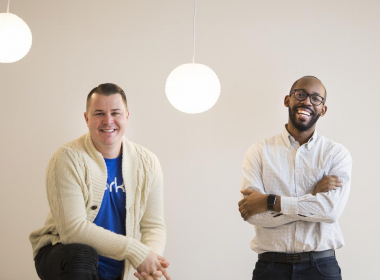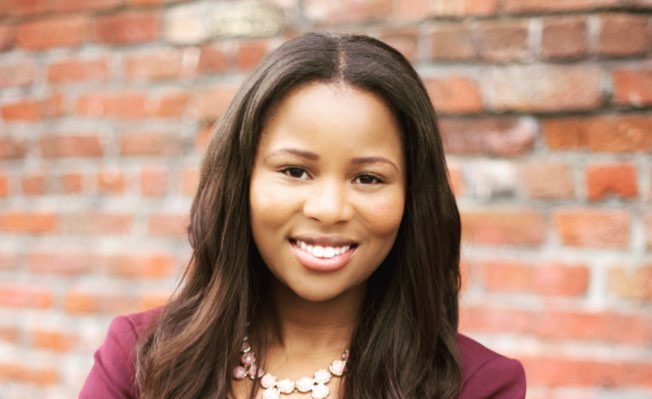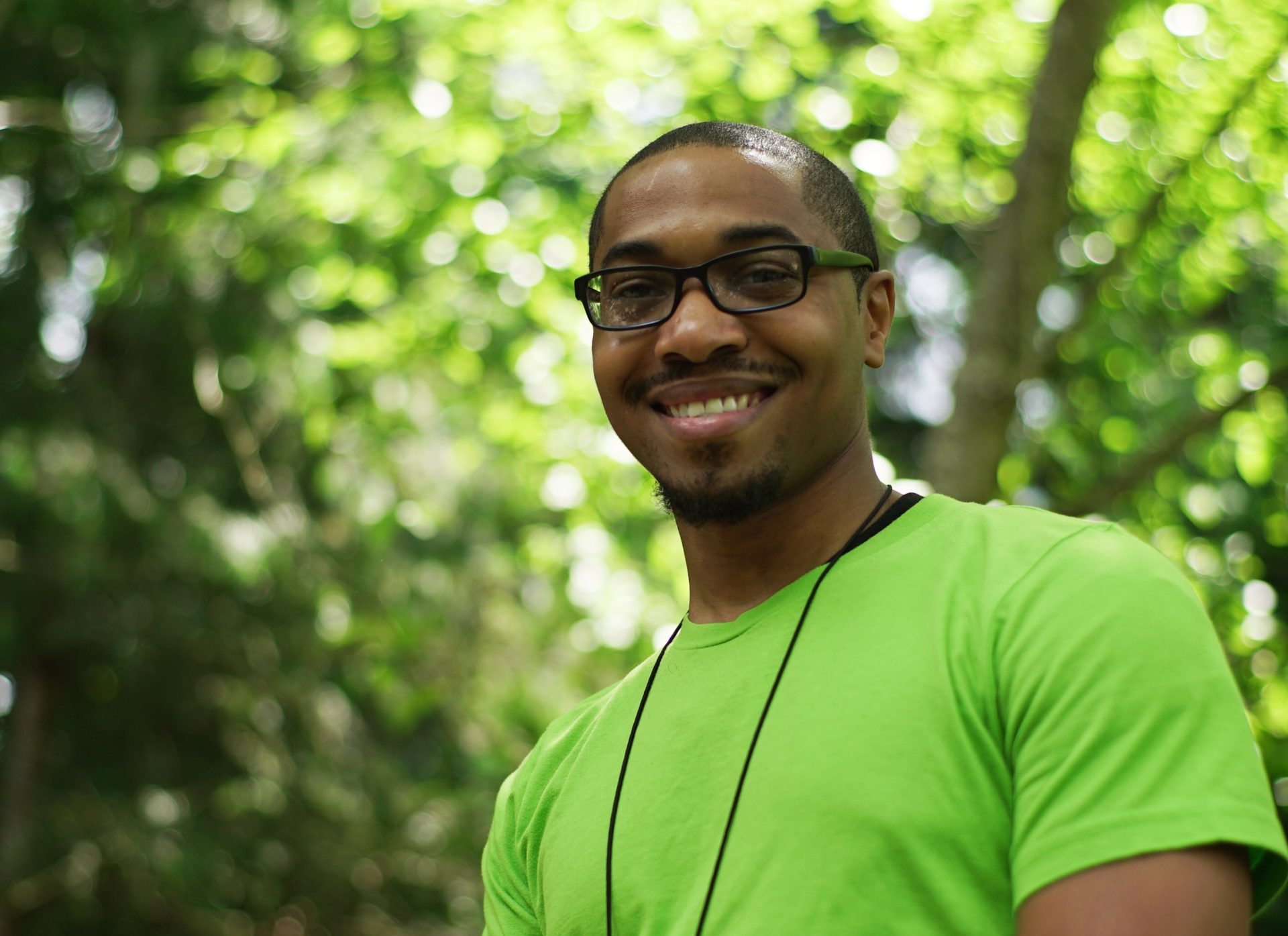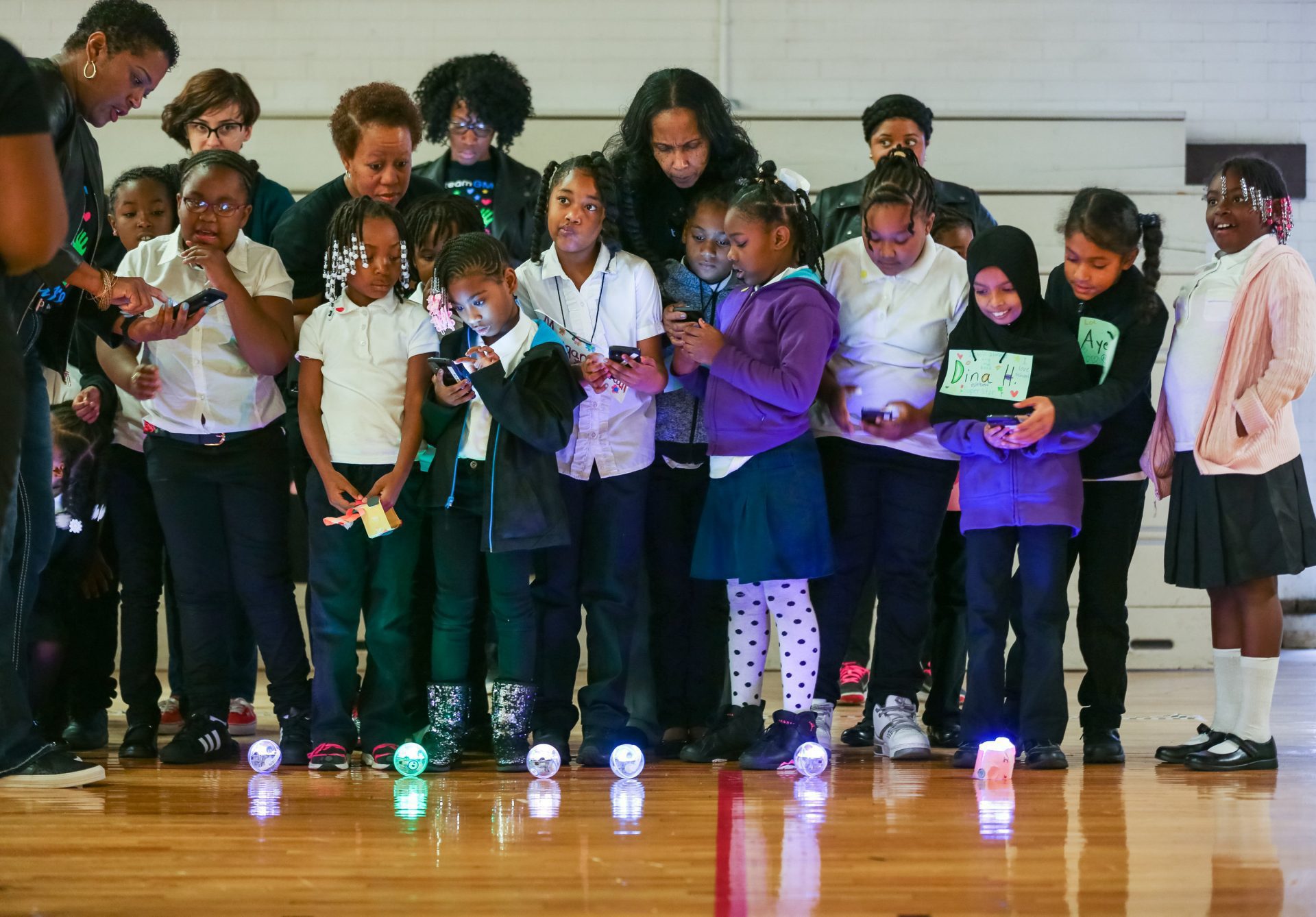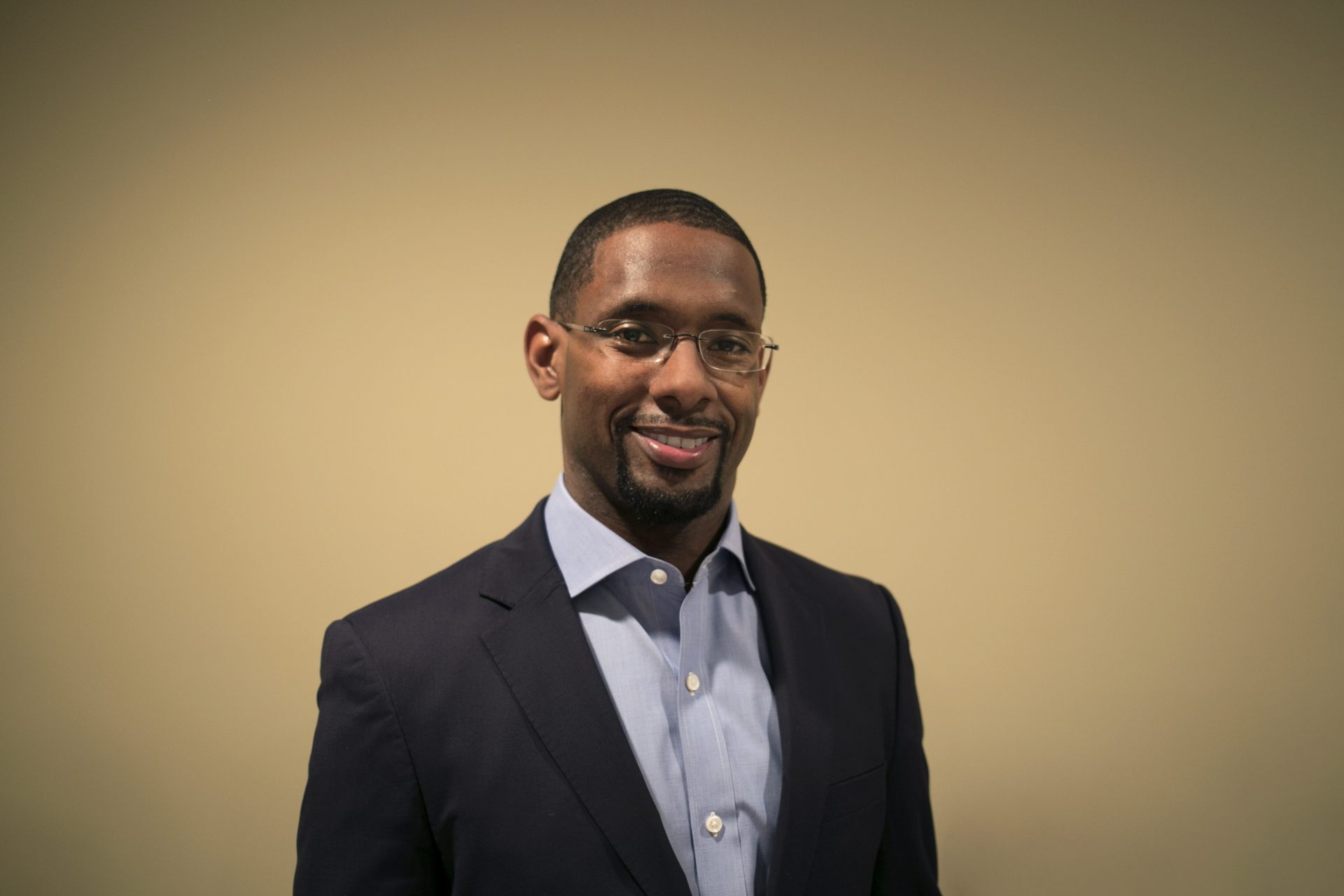
Quinetha “Que” Frasier is MyPledger’s executive visionary and the voice of possibility for the philanthropy industry. She has revolutionized the MyPledger experience through her decades of fundraising expertise and her deep knowledge of building sustainability.
According to her LinkedIn page, MyPledger is the preferred framework to accelerate the acquisition and collection of funds. Through customized fundraising strategies, MyPledger enables organizations to increase their impact.
Here’s her interview.
What is your day-to-day like at work?
Sidebar: There is no “typical” day. This happens to be my DNA: change, momentum and fresh things. I begin my day checking emails from strategic partners and staff that relate to current and prospective clients. I then hold meetings from 10 a.m. to 4 p.m. with clients and partners to discuss their open and prospective projects at our company. I go home and handle administrative tasks: requests for meetings, proposal writings, completing projects. Work typically ends about 9 p.m. or 10 p.m.
What inspires you to show up at work every day?
Purpose. I am inspired by the relationship [and]connection between my life’s work and the social, environmental and economic success of individuals, companies and communities. I am literally energized by connecting ideas, programs and companies to technology and funding. This begins with my inspiration through speech and advises and is actualized through the plans and tech tools that I provide.
How did you determine your career path?
I ended up in technology because of my “inner geek” and belief in the power of technology to bring more transparency, accountability and value to the work of national nonprofit organizations- especially in the African American community like the church, Links, 100 Black Men, HBCUs, etc.
Working in an industry that is guided, primarily, by charity and mission; I have always seen an opportunity to apply more science and enterprise to this work.
I have always had an interest in participating in the governmental process. I chose political science as a major at Tuskegee because I naively believed that I needed it to create change through politics. I quickly learned, while interning at the White House, that I did not want to practice law or become a politician. This was not my natural personality leaning. Based on what I learned during that internship about funding, policy and process, I made up my mind to learn as much as I could about money and channeling it to organizations and groups in small towns like my hometown of Yonges Island, South Carolina. This curiosity and divine path led me to fundraising and nonprofit organizational development.
What industries connect to your career choice?
Public Administration
Philanthropy
Information Technology (IT)
Data Science
Technology
Describe the skills that will be essential to future business leaders and innovators.
Self Awareness
Connectedness to your customer and/or consumer of your services
Access to capital
Operational infrastructure
Describe innovative methods you apply to your business and life.
Life: I sit quietly every day to listen and to not ‘think’ about anything.
Life: I travel or visit somewhere new every month. New people and experiences drive my creativity and ambition.
Business: A 10-day follow-up rule to commit to meeting with a prospective strategic partner
Business: I use software to manage most of my daily administrative and operational tasks
Business: I write everything down: brainstorming, meeting notes, ideas, feelings. I process information through writing, so I depend on my written word.
How do you set goals and measure your success?
I set daily goals and literally measure my daily success by the “strike through” of tasks on the list.
I set short-term business and personal goals for myself every month by writing them down and reassessing their importance and how much I’ve done to make them a reality in the past 30 days.
Long-term goals are tied to my clarity and understanding of what I want and what I don’t want. I assess them about every other month. I’ve had most of them since college.
Who do you consider your peers in your field? How have they supported you? What best practices have they shared?
My peers are other tech CEOs, nonprofit development professionals, social impact investment and administrators, grant maker executives, and trainers in the industry.
They have supported me by creating an ‘open door’ ecosystem, where its easy for practitioners like me to gain access and advice. There are, honestly, not a lot of African American women in my industry. What I have benefited from is access to communities who view philanthropy in a different way and peers who scale Technology in more efficient ways. The best practice that I have learned is communicating your value in the marketplace to people/organizations who value what you offer.
Name your favorite role models for success in two different industries?
In philanthropy, Warren Buffet is my role model. In technology, it’s a Black woman named Debra Scott Thomas. She owned a very successful IT firm and built wealth through Government contracts, in the 90s. She is now the president of Alabama State University.
Name three books that changed how you saw life that you would recommend to others.
1. Excuse Me Your Life is Waiting by Lynn Graeborn
2. The Way to Love by Anthony De Mello
3. Super Rich by Russell Simmons
Share why lifelong learning is important to you.
My grandfather challenged me to “Keep learning as long as I have breath” and that has always been my motivation. Lifelong learning is a path to self and world discovery. We become what we believe. Learning opens up our mind to believe fresh ideas, people and places.
Describe the voice of success that you hear in your head.
“There is more, keep going”
“Accept it, and it will pass”
“You were born to be … You come from women who defeated greater odds so that you can be.”
Community success based on what you do in the community means what to you?
When I have successfully inspired someone or a group to believe in their vision, I am fulfilled. Further, I believe that I am moving the agenda of underserved, disenfranchised, and low wealth communities forward through my work. These communities depend heavily on the “voice” of mainstay organizations, i.e. worship centers, civic organizations, nonprofits, etc. to represent their interests. I ensure that there is access to funding, visibility, and greater capacity for these organizations.
Technology plays what role in your daily life?
I rely on technology to organize and optimize my day: how I communicate with team members; how I communicate ideas; how I organize my day; and how I manage my network. For my work, I build technology solutions for organizations that solve social, economic, and/or environmental problems everyday.
What software and technology tools have made the biggest difference in your life?
The entire Google Suite; Survey Planet; CRM platforms like Salesforce, Neon and Zoho; Upwork is my best friend. And digital TV streaming platforms make it easy for me to curate the little television I get to see.
Define your personal culture.
Open, free-spirited, high impact, low negativity, big deadlines, little drama, purpose driven, self-discipline guided, and high ambition.
How does music impact and influence you?
Music is literally tied to my heartbeat. Jazz soothes me, highly rhythmic songs energize me and increase my mood, classical music stimulates my mind, and every other type of music introduces me to other cultures.
If you could change one thing about the world, what would it be?
I would change the way that we use technology so that it exposes more truth about people and communities in a way that builds more empathy and trust across different communities … This would increase the love we show for each other.
If you could change one thing about yourself, what would it be?
I would change my heart’s eyesight to accept things exactly how they are, instead of how I want them to be.


